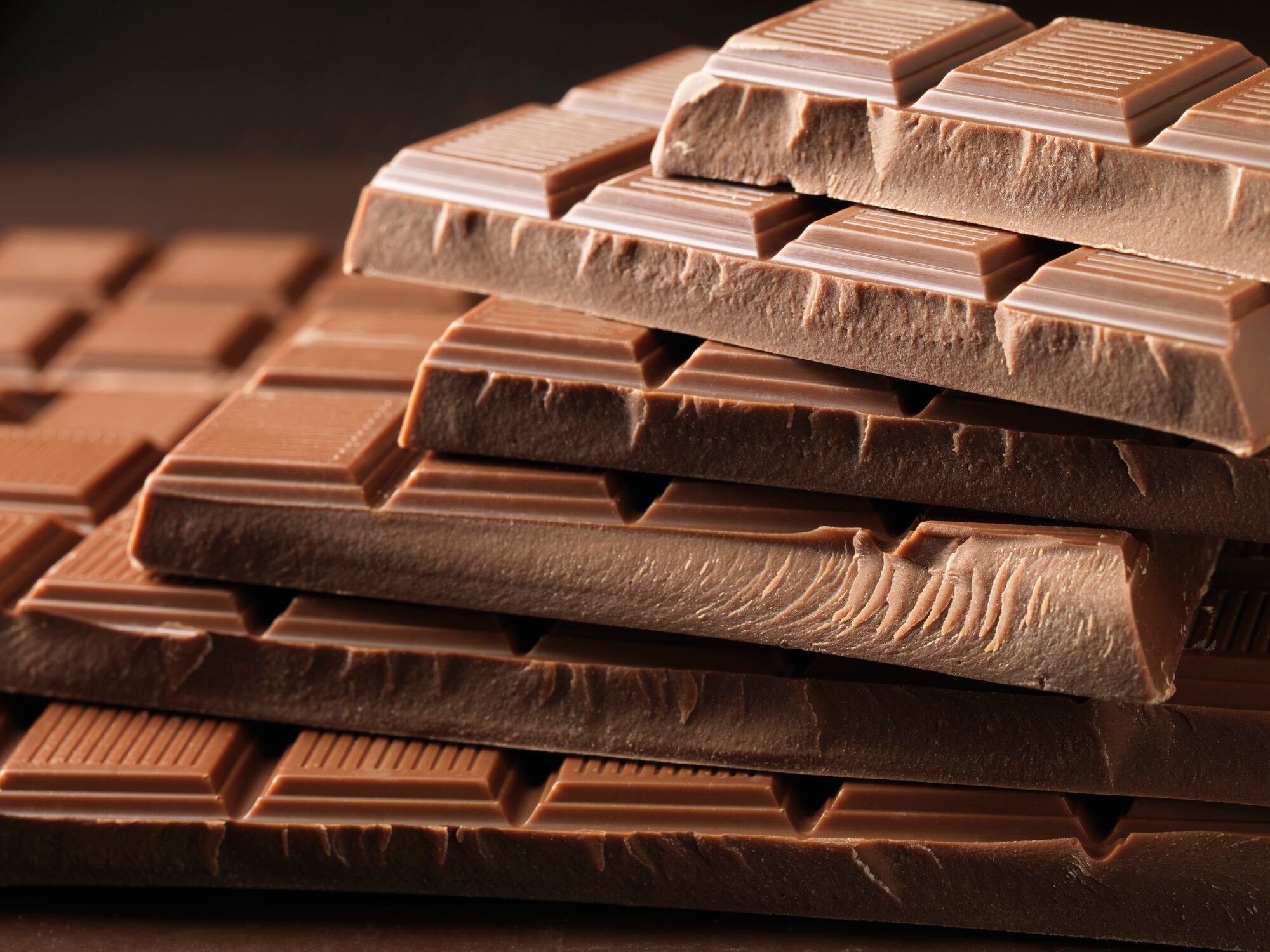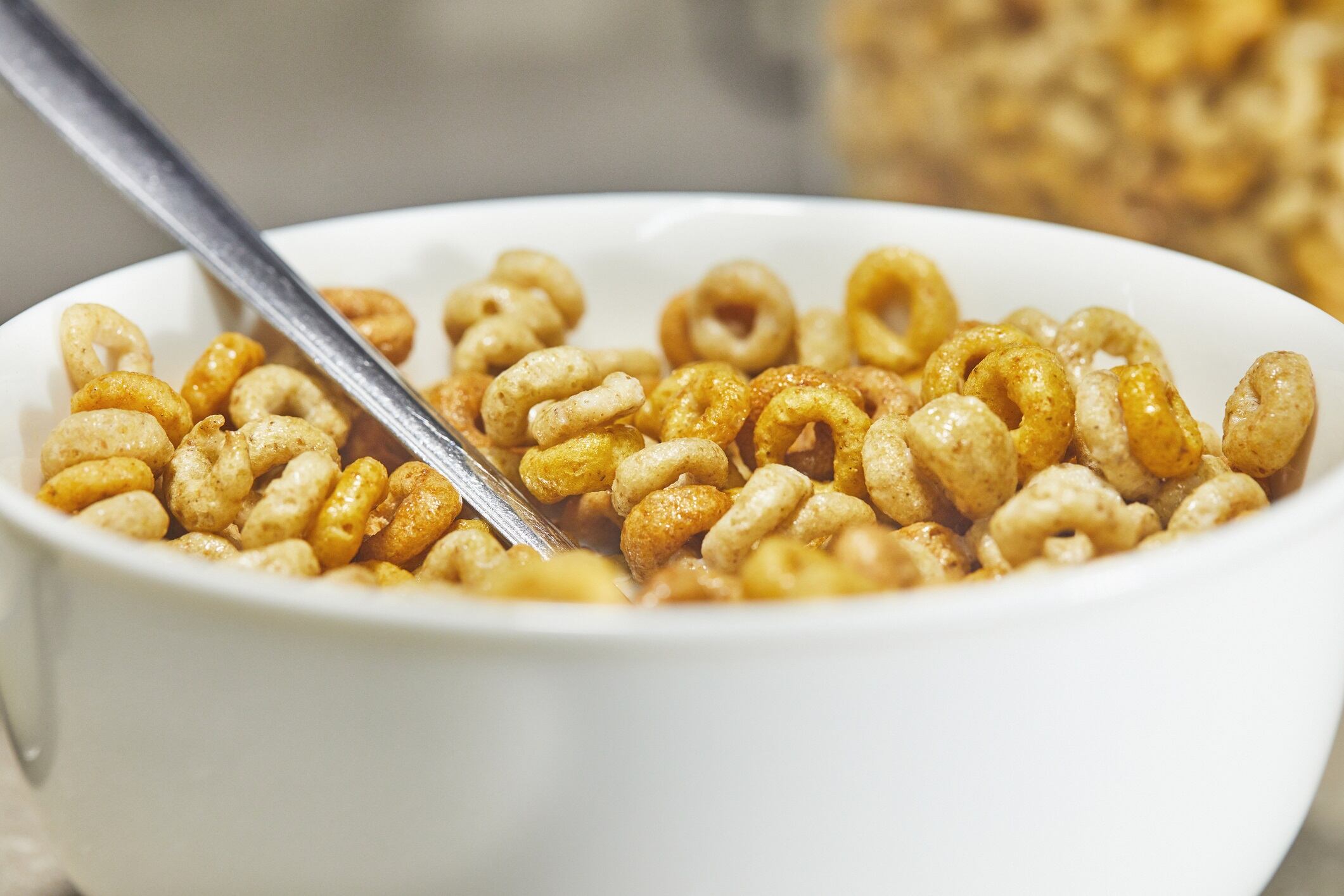From sweets and soft drinks to sandwich spreads and breakfast cereals, sucralose (E955) is used in over 6,000 products worldwide, making it one of the most popular artificial sweeteners on the market.
And such is its success, the global sucralose market is now valued at $3.73bn, with a projected CAGR of 5.3% over the next eight years (The Brainy Insights).
But rather than helping consumers to lose weight, by replacing higher-calorie sugar, some researchers believe it could be contributing to the obesity epidemic by tricking the brain into thinking it’s still hungry.
Does sucralose increase appetite?
A new study, conducted by researchers at the Keck School of Medicine USC, reveals that consuming sucralose activates the hypothalamus more than sugar does. The hypothalamus is the part of the brain that helps regulate appetite and body weight.
The research, published in Nature Metabolism, also found that sucralose changes how the hypothalamus interacts with other brain areas, including those involved in motivation.

How was the study on sucralose conducted?
The research team, led by director of the USC Diabetes and Obesity Research Institute Dr Kathleen Alanna Page, posed the questions:
- Do sweeteners actually help with weight control?
- How do sweeteners affect the body and brain across different individuals?
Page and her team conducted a randomised study to measure how sucralose influences brain activity, hormone levels, and feelings of hunger. While past studies, mainly in animals or based on population data, have suggested a link between artificial sweeteners and obesity, few have directly tested how these sweeteners impact hunger in humans.
The team tested how 75 participants responded after consuming water, a drink sweetened with sucralose or a drink sweetened with regular sugar. They collected functional magnetic resonance imaging (fMRI) brain scans, blood samples and hunger ratings before and after participants consumed the drink.
They found that sucralose increased hunger and activity in the hypothalamus, especially in people with obesity. It also changed the way the hypothalamus communicated with other brain regions. Unlike sugar, sucralose did not increase blood levels of certain hormones that create a feeling of fullness.
“If your body is expecting a calorie because of the sweetness, but doesn’t get the calorie it’s expecting, that could change the way the brain is primed to crave those substances over time,” explains Dr Page.
The team also analysed the effects sugar consumption had on the brain, finding it led to increases in blood sugar and the hormones that regulate it, including insulin and glucagon-like peptide 1 (GLP-1).
“The body uses these hormones to tell the brain you’ve consumed calories, in order to decrease hunger,” says Dr Page. “Sucralose did not have that effect and the differences in hormone responses to sucralose compared to sugar were even more pronounced in participants with obesity.”
Page and her colleagues also observed differences by sex, observing that female participants showed greater changes in brain activity than male participants, suggesting sucralose affects men and women differently.
The researchers have now begun a follow-up study that explores how calorie-free sweeteners affect the brains of children and adolescents, who consume more sugar and sugar substitutes than any other age group.
They also highlight that long-term studies are required to understand how sucralose affects the brain over a longer period of time.

WHO advice on sweeteners
In 2023 the World Health Organization (WHO) advised against the use of non-sugar sweeteners to lose weight. The recommendation came after researchers were unable to find a link between the consumption of sweeteners and long-term body fat reduction in either adults or children.
“Replacing free sugars with NSS does not help with weight control in the long term. People need to consider other ways to reduce free sugars intake, such as consuming food with naturally occurring sugars, like fruit, or unsweetened food and beverages,” said Francesco Branca, director for nutrition and food safety at the WHO.
He doubled down on his rejection of non-sugar sweeteners saying they, “are not essential dietary factors and have no nutritional value”.
And that wasn’t the first time sweeteners had come under scrutiny. A study published in August 2022 found that consumption of saccharin and sucralose could elevate blood sugar levels.
Source: Non-caloric sweetener effects on brain appetite regulation in individuals across varying body weights
Published online: 26 March 2025
DOI: 10.1038/s42255-025-01227-8
Authors: Sandhya P Chakravartti, Kay Jann, Ralf Veit et al.


